In order to be able to use my Eclipse plugin "treezCore" also as a Java9 module I created a module-info.java in my src folder.
Furthermore, I moved the Plug-in Dependencies from the Classpath to the Modulepath. I can see a module "org.eclipse.swt.3.106.1.v20170926" in the plugin dependencies:
However, I am not able to reference that module in my module-info.java. I tried
require org.eclipse.swt.3.106.1.v20170926;
require org.eclipse.swt;
require swt;
None of those options worked. The jar file \plugins\org.eclipse.swt_3.106.1.v20170926-0519.jar that is used by Eclipse does not contain a module definition and
jar --file org.eclipse.swt_3.106.1.v20170926-0519.jar -d
says that the module descriptor can not be derived. Also see
Unable to derive module descriptor for auto generated module names in Java 9?
If I download a newer version of swt.jar from
I get following output that looks promising:
swt automatic
requires java.base mandated
contains org.eclipse.swt
contains org.eclipse.swt.accessibility
contains org.eclipse.swt.awt
contains org.eclipse.swt.browser
contains org.eclipse.swt.custom
contains org.eclipse.swt.dnd
contains org.eclipse.swt.events
contains org.eclipse.swt.graphics
contains org.eclipse.swt.internal
contains org.eclipse.swt.internal.gdip
contains org.eclipse.swt.internal.image
contains org.eclipse.swt.internal.mozilla
contains org.eclipse.swt.internal.mozilla.init
contains org.eclipse.swt.internal.ole.win32
contains org.eclipse.swt.internal.opengl.win32
contains org.eclipse.swt.internal.webkit
contains org.eclipse.swt.internal.win32
contains org.eclipse.swt.layout
contains org.eclipse.swt.ole.win32
contains org.eclipse.swt.opengl
contains org.eclipse.swt.printing
contains org.eclipse.swt.program
contains org.eclipse.swt.widgets
I also depend on org.eclipse.jface and could not find a seperate download for it.
=> Do I really have to wait for a new release of Eclipse that uses new plugin versions including module definitions?
Or can I somehow reference the old version of swt from the plugins folder, even if it does not include a module definition? I looked for an easy way to define an alias or a fallback dependency e.g.
requires ../plugins/org.eclipse.swt_3.106.1.v20170926-0519.jar as 'org.eclipse.swt'
or
requires org.eclipse.swt fallback ../plugins/org.eclipse.swt_3.106.1.v20170926-0519.jar
but module-info.java does not seem to support such a syntax.
I have about 20 plugin dependencies and do not want to manually download each of them (if it would be possible) and include them as external jar file. Nor do I want to hack the individual Manifest/jar files in the Eclipse plugin folder. There are many jar files I would need to alter and an update of Eclipse would break that hack.
I am using Eclipse for RCP and RAP Developers, Version: Oxygen.1a Release (4.7.1a), Build id: 20171005-1200
Edit
When using Version: Photon Milestone 4 (4.8.0M4) Build id: 20171214-1849, the error in module-info.java vanishes when using
require org.eclipse.swt;
and having the Plug-in Dependencies in the Modulepath.
However, my imports do not work yet, see following image. If I move the Plug-in Dependencies from the Modulepath to the Classpath, the imports work but the error in module-info.java reappears.
I created a min example at
https://github.com/stefaneidelloth/Java9EclipsePluginExample/tree/master/MyPlugin
and I filed a bug report at
https://bugs.eclipse.org/bugs/show_bug.cgi?id=529089
Related questions:


